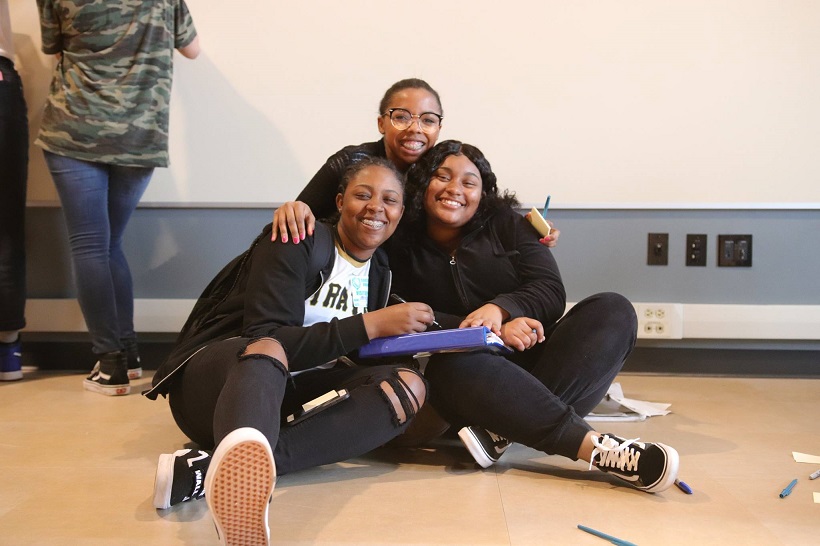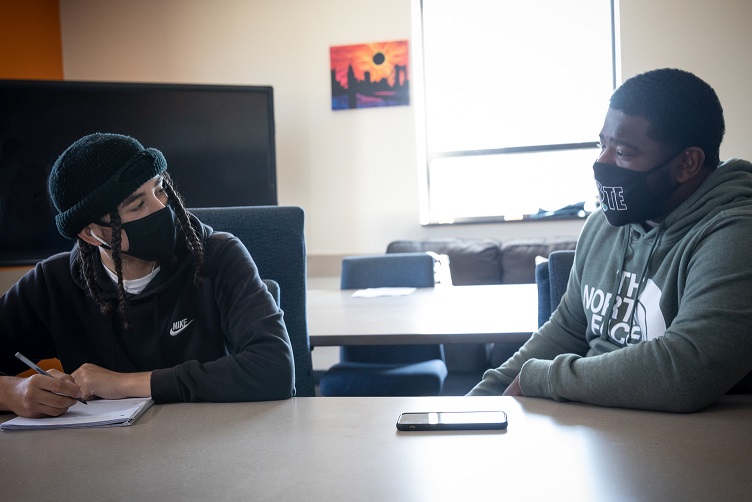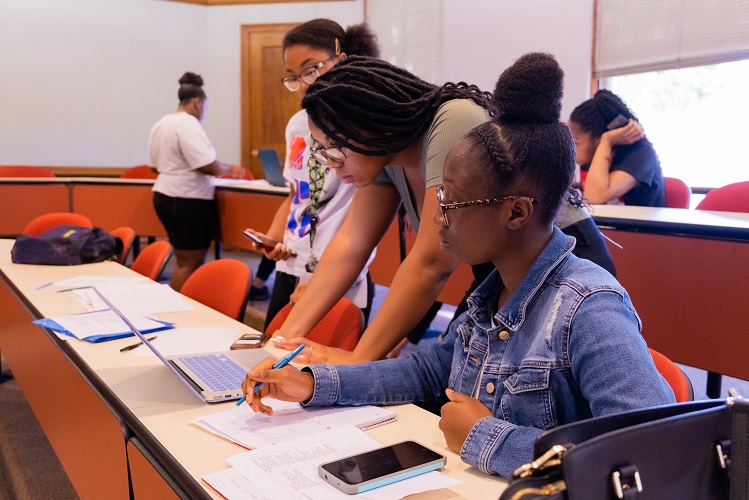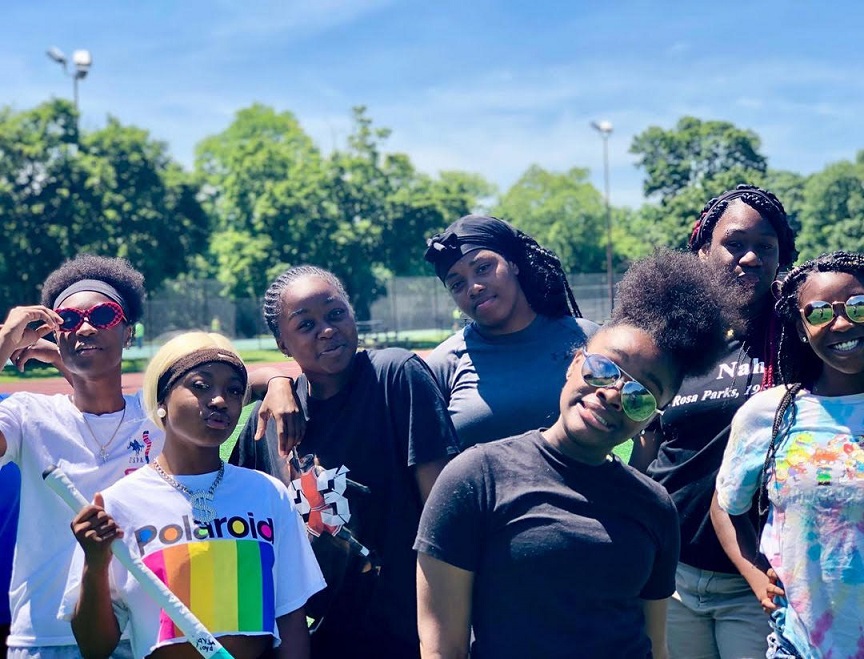
Youth Enrichment Services: “Students Come Because They Have to and Stay Because They Want to”
Youth Enrichment Services (YES) is Pittsburgh’s answer for how to keep kids out of or help them exit from the juvenile system. YES instead places young people on a different trajectory, where they can go to college or learn a trade and so much more, helping them become tomorrow’s productive citizens. We thought this plenty enough reason to favor them with a small grant award. We spoke to Youth Enrichment Services Executive Director Dennis Jones, PhD, and Former Program Director, Ombudswoman, and Legacy Liaison Denise Jones to learn more about this work:
Kars4Kids: Can you tell us about your demographic?
Denise Jones: We serve socially and economically disadvantaged youth primarily African American youth ages 10-18. Most of our participants live in and around the city of Pittsburgh however we also work with youth and families throughout Allegheny County.
Kars4Kids: Your website describes Youth Enrichment Services as the “prize jewel of community empowerment in Pittsburgh.” How so?
Dennis Jones: Youth Enrichment Services has obtained this label because of its three-decade legacy of customizing our approach to empowering underserved youth through a strategy of high-quality, high-intensity, and high-touch program application. We raise the bar high and we expect our youth to adhere to these high expectations. To be sure, our students prove time and again that this label is accurate. We have multiple generations of families who have participated in our programs. Some of our youth return to YES as staff members. More importantly, we have over 30 partners who look to us to provide services that they believe meet the needs and expectations of a large segment of the community.
Kars4Kids: Talk to us about your intriguing mentorship model. It’s different from anything we’ve seen.
Dennis Jones: The overarching theme of our model is that students come because they have to and stay because they want to. There are two main access points to YES mentor services. One portal is through Diversion referrals where students are remanded to our programs by judges, probation officers, and other system personnel for a specified period of time, until their behavior, social experiences, and academics improve to the point that they are no longer deemed a challenge to the community. We encourage these youth through a strengths-based approach because we believe all youth have the capacity to perform at a high level.
The second access point is through our Mentoring Partnerships where students are invited by school personnel to participate because of truancy and concerns that they may fail academically. Additionally, YES regularly enrolls between 100 and 150 participants each summer, paying them a salary as they work in hybrid work environments where they are able to gain critically important community-based research, academic enrichment, coursework, and other educational experience. After these entry points youth often quickly weave themselves into the fabric of YES.
Kars4Kids: How many mentor/mentee pairs are you serving right now in Pittsburgh?
Dennis Jones: The COVID-19 pandemic has significantly disrupted our model to the point that we now have many programs in a cohort format rather than one-on-one mentoring. For example, our newly implemented Alumni Support plan utilizes the virtual environment to provide necessary support to our YES program alumni who are currently engaged in college coursework. We anticipate returning to mentor pairs as the summer brings us back into a more robust model.

Kars4Kids: Can you give us an overview of the D2000 program? How has this program affected the recidivism rate among Pittsburgh youth?
Dennis Jones: D2000 has been funded for 21 years by Allegheny County Juvenile Probation. This program is the heart of the agency because of the consistent resources that are placed into it. The Diversion program receives youth who have been arrested for crimes or been involved in some unlawful act that came to the attention of law enforcement, Court Judges, or school officers and are remanded to work with us for a set period of time. The legacy of this program is proof that YES has a track record of success in ensuring youth have the access to resources and relationships that make it possible for them to exit the juvenile system.
Kars4Kids: You have programs specific to young men and young women. How do the needs of young men and young women differ, and how does this affect your programming for each group?
Denise Jones: Young men and women develop distinctively and have unique needs for belongingness and identity development. As such, we are intentional in creating spaces that speak to students’ specific needs in healthy peer environments. We allow our young men and young women to engage productively together, but we believe in the power of the sacred space, that allows them to be free from the gaze of the other and really dive deep into their personal and unique needs.

Kars4Kids: YES has both exploratory employment/career directed programs and college preparatory programs. What percentage of your participants opt for career guidance over higher education? Are some exploring both paths?
Denise Jones: 85% of our students matriculate into higher education and vocational; 15% pursue post-secondary careers.
Kars4Kids: Can you tell us about your student projects and perhaps describe one or two successful examples of these projects?
Denise Jones: Students are trained as researchers over the summer through our employment program. We believe this is a useful skill for students to gain for both post-secondary readiness and career success. Students have agency and autonomy in constructing projects that are meaningful and relevant to their communities and personal interests. Students use these projects to represent their profiles for college and market themselves for various admissions needs as well. A pair of students researched factors contributing to the mortality of black women in the US. This was an extremely profound and complex and important project that our young students undertook. Students built on this project over the years and used it to frame their undergraduate studies. Success is embodied in moments like this where projects have long-lasting currency for students’ academic and career trajectories.

Kars4Kids: How has the coronavirus pandemic affected your work?
Denise Jones: Like so many organizations, the COVID-19 pandemic has forced us to rethink our mentorship model and program delivery. For example, during our Summer 2020 programming we had to find innovative methods for creating engaging virtual programming for youth over a 6-week time period. We are so proud of all of our staff, youth, and stakeholders for their commitment to YES values even as the consequences of the pandemic continue on. As previously stated, we are eagerly anticipating our return to rigorous, in-person program delivery.
Kars4Kids: What’s next for Youth Enrichment Services?
Dennis Jones: We are currently in the process of creating a Justice and Equity Technology, Workforce, and Academic Enrichment Center. We know very well that there are signs that workforce programs are becoming a priority for youth, particularly programs that address the need for youth who exist in underserved communities needing access to technology and expertise with technology. Our role is to build a digital badging portfolio for all participants so that they can transfer these skills to future employment. They are able to use this badging as proof that they possess the skills new jobs often require. We want to ensure youth entering the workforce have the necessary skills and preparation to lead them to positive career choices.